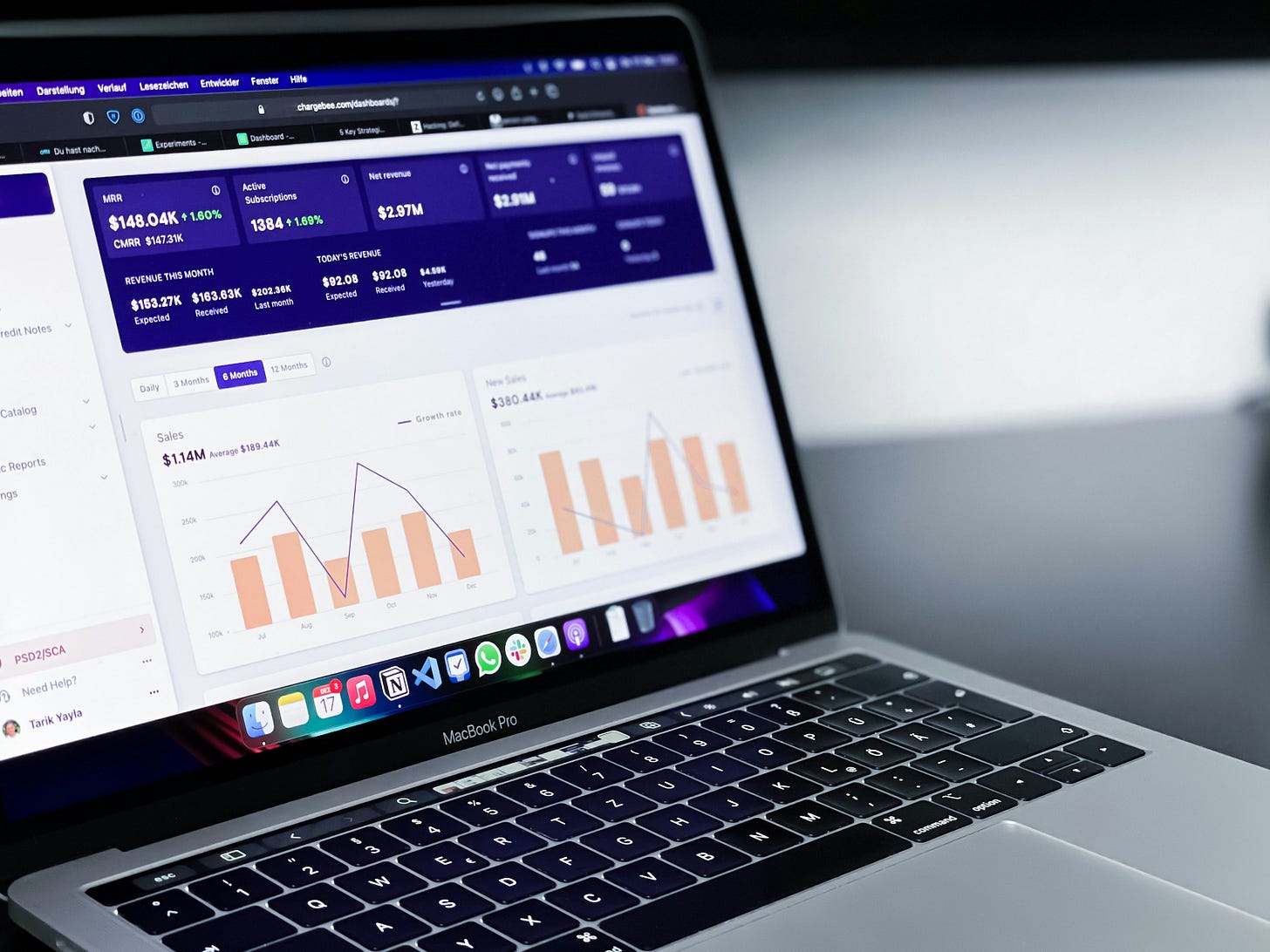
In 2012, the Harvard Business Review declared Data Science the “sexiest job of the 21st century.”
Personally, I never understood why they’d describe such a cerebral job as “sexy,” but that aside, what they meant was there was a lot of demand and few people with the skills, so if you could manage to master those skills, there was a lot of opportunity and pretty high salaries.
Was it “easy” to land a job? Not necessarily, you still needed skills and back then there weren’t many “data science” educational programs. Of course, statistics, computer science, math, etc, were around, but this was before the boom in degree programs, bootcamps, certificates, online courses, etc, that would turn you into a Data Scientist. There was no one to hold your hand and tell you exactly what to learn and how. This is why so many of the early Data Scientists had PhDs, usually in quantitative subjects - who else knew how to use computational methods to analyze massive amounts of data in a meaningful way?
Anyway, so the field was growing, more companies were collecting more and more data and hiring more and more people to do something with their data.
Then the pandemic happened, we all started went virtual, so we needed more apps and digital products. This meant more automation to be built, and more data being collected and ready for analysis. And more money was being thrown at tech companies, so they had the capacity to hire more people.
Things reached a peak in 2021-2022. My personal experience was getting lots of DMs from recruiters at big tech companies. (Unfortunately, I was extremely burned out due to being a part-time grad student while working full-time. I had zero capacity to prep for difficult tech interviews.)
HBR published a follow-up in July 2022 proclaiming that data science was still sexy. And a bunch of social media influencers were selling the idea that it’s very easy to break into tech or data analytics. (Just buy their course!)
Then in late 2022/early 2023, the venture capital funding dried up. Meaning funding for tech companies dried up. Meaning they couldn’t continue to hire new talent in massive amounts. And they also couldn’t afford to retain these huge data teams they had hired.
Layoffs happened, flooding the marketing with highly skilled folks who had experience at big unicorn tech companies.
Hiring slowed way down, especially at these big unicorn tech companies who had accounted for a significant amount of hiring to that point.
So you have fewer jobs available, and a job market flooded with experienced folks. And now lots of graduates from all the degrees and bootcamps and certificate programs.
You don’t need an advanced quantitative degree to guess that that is not good for candidates.
It’s been two years of “the job market sucks,” including the market for analytics and data science. Will it turn around? Who knows. I’m old enough that I experienced the 2008 recession. (I was 4 years into my career.) I was working in marketing back then, and despite job searching off and on and off and on, it took me until 2013 to get a better job offer. (I did get a promotion in 2011 though, so it wasn’t all terrible.)
However, we are not actually in a recession right now. That’s not all that comforting when the job market still feels a lot like 2008 though.
So what’s the conclusion? Is data analytics still a good field to break into? It certainly won’t be easy. I think this post has a good perspective on it:
This is not an easy field to work in and it’s not an easy field to get into. However, it can be a really interesting field to work in if that’s the kind of thing you like. (Are you extremely literal? Do you enjoy doing mental math in your head and find yourself doing it all the time even if it’s not necessary? Do you enjoy puzzles?)
This was never really an entry-level field to begin with and I feel like it’s even less of one these days. Companies aren’t really hiring inexperienced candidates because they don’t need to - they have more than enough experienced folks lining up.
So while I would never discourage anyone from trying to break into this field, I promise I’ll always be real with you.



Here’s my stance on this topic:
When I pivoted to Data Analytics, it was the career I fit well because I have the traits a Data Analyst would have. Going in, I will say it was tough because I did not have experience in it, but my portfolio fills that hole. I'm good friends with data content creators such as Chris French, Annie Nelson, and others who speak highly of having a portfolio. My manager actually hired me because he liked my portfolio, which was shown on Tableau Public, and he thought I could add value to the company. Since I got hired, I’ve been doing great and have received great feedback from my manager and co-workers.
There is a ton of advice of “This is how I did it,” and it can feel overwhelming. My thing is to choose one and go with it. If that advice doesn’t work out, you go to the next one. Is it tough to get in? Yes, but you have to see what works and what doesn’t during the job search and understand how you do it better.
Last thing is do not listen to gurus (I won’t name who) who say you can get a data analyst role in 3 months. To me, this sounds like BS and doesn’t understand the current state of the job market. I hate when stuff like that happens and I’m also very optimistic, but also real at the same time.